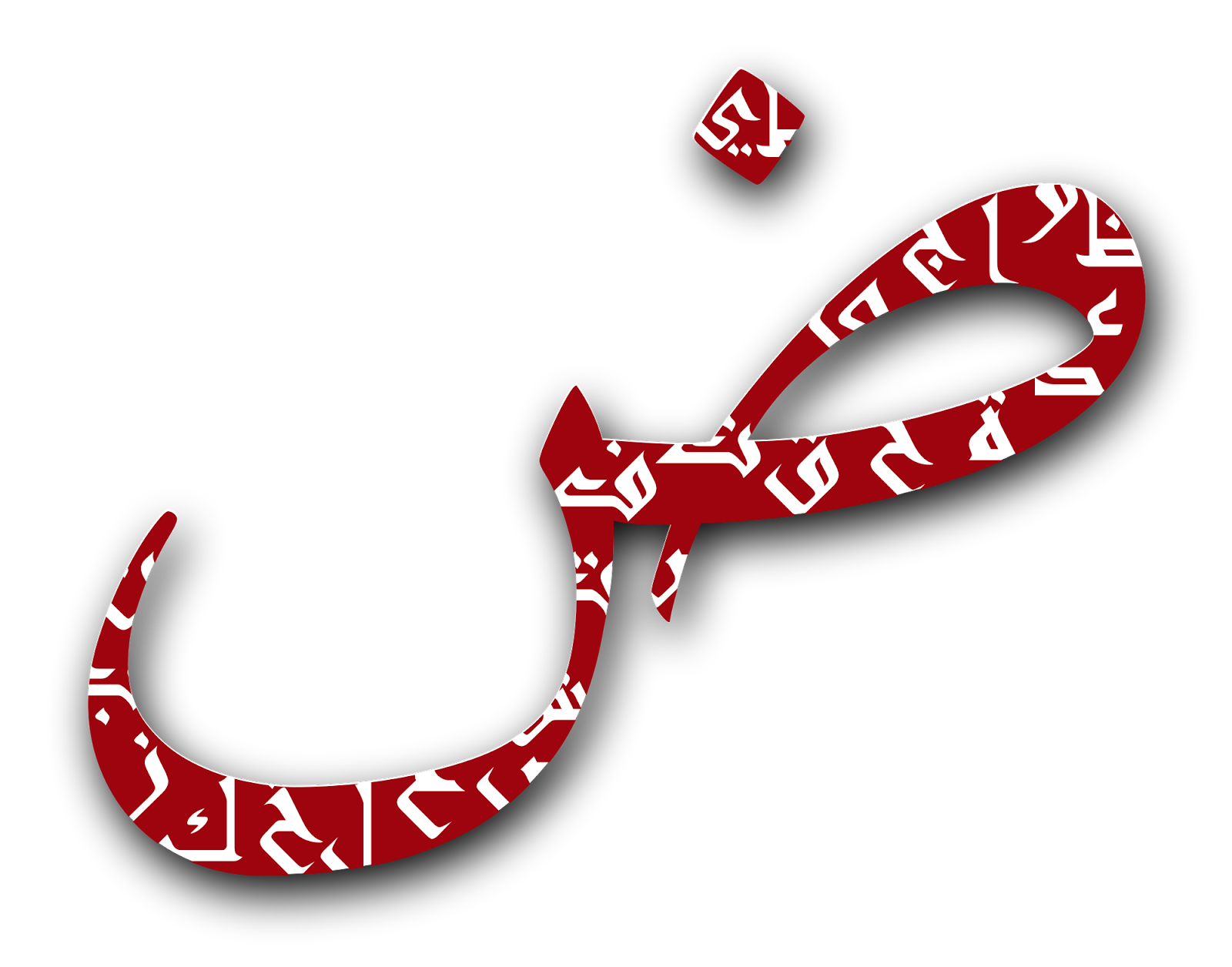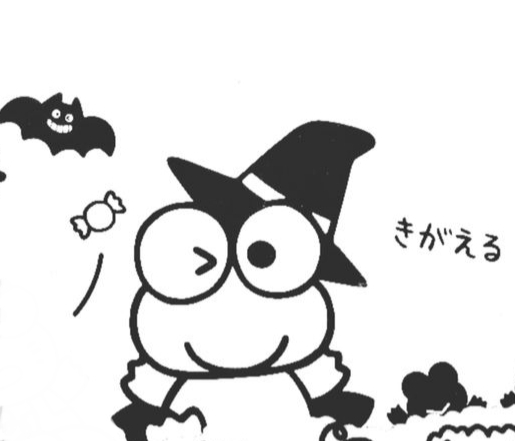Habiibii, Hayaati, and Hayawaan all start with the letter ح, the sound does not exist in English.
With your mouth open, make a raspy, breathy sound as if you’re breathing on glass to fog it up. You wanna constrict the muscles inside your throat so that air can just barely squeeze through.
Your vocal cords should not vibrate.
We transliterate ح as a capital H, so as not to be confused with the h sound in English.
| Transliteration | Eng | عَرَبي |
|---|---|---|
| Habiibii | my love (masc.) | حَبيبي |
| Hayaatii | my life | حَياتي |
| ruHii | my soul | روحي |
| Hayawaan | animal (masc.) | حَيوان |
Imagine you just swallowed a spoonful of very hot chili. And yes when ح is the initial letter it looks like this حـ, so that we can connect the following letter to it. Remember, Arabic is written from Right to Left.
Possessive pronouns
In Arabic, possessive pronouns (like “my”) are attached to the end of the word. To say “my love” you just attach the letter ي to the word حَبيب (love, beloved) = حَبيبي
This is our second Arabic lesson I guess

@blight@hexbear.net @ButtBidet@hexbear.net @xiaohongshu@hexbear.net @mathemachristian@hexbear.net @infuziSporg@hexbear.net @oscardejarjayes@hexbear.net @aebletrae@hexbear.net @Hermes@hexbear.net @bunnygirl@hexbear.net
Who else wants to get pinged when I post lessons?
Add me please fam
And me :)
Please add me, habibi.
i’m not sure, what is this list?
It’s just a watchlist for work, nothing to worry about
 /jk
/jkList of comrades who wanna be pinged when I post lessons.
ooh ooh me me

The first lesson in case you didn’t see it.
very nice of you, thank you
Maybe ping me once we get past the alphabet/phonology lessons?
Came for the post image, stayed for the fascinating lesson. Great job!
In the “Hayawaan” transliteration for حَيوان, is the “a” between the “y” and “w” part of “ya”, part of “aw”, or an implicit third thing?
That a is a short vowel, and vowels modify the preceding letter, so it’s part of ya.
Ha-ya-waan
If short vowels aren’t always marked, and they modify a preceding letter, does that mean there are no Arabic words that start with them? Or is there a silent consonant like the chosongul/hangul ㅇ used in Korean? Or does everyone just have to learn how to read those words anyway, like with English’s bough cough dough ought rough through?
I notice that if we combine حَبيبي (Habiibii) with yesterday’s قطر ('aTr), then today’s table header عَرَبي —which I guess means Arabic—looks like its transliteration is [something]arabii, which makes me wonder about what that something is. Looking forward to more lessons.
I love your questions! Arabic, like English, can’t have a vowel sound at the beginning of a word. Yeah words like ‘apple’ or ‘egg’ have a glottal stop sound before the initial vowel, difference is we have a letter to represent the glottal stop while European languages don’t. Like I said, vowels modify consonants, so you need a consonant before the vowel, and you can’t have two vowels together.
For example, in English we write Osama & Amir, but in Arabic they are written as أُسامة، أَمير 'usaama , 'amiir
The أ is the glottal stop here and it’s transliterated as ’ or ʔ sometimes.
عَرَبي —which I guess means Arabic—looks like its transliteration is [something]arabii
You are an excellent student! Yes it means Arabic, and that something is the letter ع, another sound that doesn’t exist in English.
Thanks again, Prof! These are all great answers.
i love how you explained that and i knew what you were saying
is there a good textbook you can recommend? I need some exercises or something to engage with, simply reading will not have me remember anything.
Also I love homework.
I’m gonna include exercises for sure, but for now it’s kinda too early for us to be able to do that.
is there a good textbook you can recommend?
I know this might be a bit shocking but I’d say no there ain’t, because Arabic gets very little attention from the language learning industry and a lot of the material is aimed at “diplomats” wink wink, that is why I make the material myself. But when it comes to the alphabet I guess any book will do, maybe check Alif Baa Introduction to Arabic Letters and Sounds.
Edit: By material I mean the pdfs I share with my students, not these posts.
thats what my arabic teacher also said when I took some classes a couple years ago, was hoping the situation is different in english…
So the marker for possession ي is pronounced similar to the i like the i in sit? Are all possessive markers attached to the end of a word? (No need to go into depth if that’s gunna be a later lesson)
It’s pronounced like the ee in ‘feel’ or ‘beep’, and it’s just a letter. It’s transliterated as ii.
Are all possessive markers attached to the end of a word?
Yeah, they are actually called Attached Pronouns, and they are used for more than just expressing possession.
Is ح sounded like a ח in hebrew?
Well, it seems they share the same Semitic origin, but I think the answer to your question is probably no. I don’t know any Hebrew, but I know that Hebrew speakers have a hard time pronouncing ح .
@infuziSporg@hexbear.net iirc, you know (some) Hebrew?
lol no, maybe like 50 morphemes.
No, more like ה.
The difference between ה and ח is similar to the difference between ح and خ.
It sounds like ه in Arabic, not ح.
I found this in a reddit comment:
/ħ/ ח - ح.
In modern Hebrew most of the people pronounce the ח as /χ/, but still there are many people pronouncing it in the original way.
Obviously depends on where you are from but Hebrew speakers I know will pronounce ה like this (h) and ח like this (χ). The difference between these two sounds is similar (I’ve chosen this word carefully to avoid claiming it is the same) to the difference between ح and خ. There is no equivalent to the actual ح sound in Hebrew as far as I know.
Yeah I thought you meant they had the same sound.
I hope I didn’t confuse anyone, thank you for clarifying (and the lessons) ❤️











